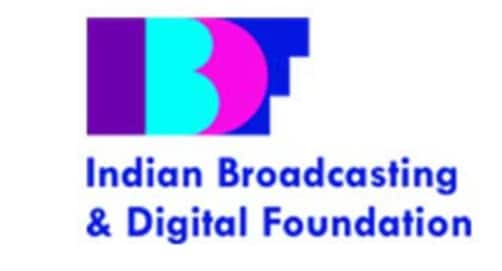Delhi HC grants tax exemption to Indian Broadcasting & Digital Foundation
The High Court also upheld IBDF’s argument that its role in the formation and promotion of BARC was neither voluntary nor discretionary but was mandated by the Central government’s policy, as supported by recommendations from both TRAI and the Standing Committee of Parliament.
ADVERTISEMENT
The Delhi High Court has granted a relief to the Indian Broadcasting and Digital Foundation (IBDF),by granting an exemption from tax payments under Sections 11 and 12 of the Income Tax Act, 1961. These provisions govern the taxation of income derived from property held in trust for charitable or religious purposes.
Section 11 allows for the exemption of income from property held for charitable or religious purposes, provided that such income is used for the trust’s objectives and investments are made in the prescribed modes under Section 11(5) of the Act. Section 12 extends this exemption to voluntary contributions received by a trust or institution, treating them as income derived from property held under trust.
The benefits under Sections 11 and 12 are subject to the conditions outlined in Section 13 of the Act, which specifies situations in which exemptions may be denied, particularly for investments that do not comply with the modes specified under Section 11(5). A division bench comprising Justices Vibhu Bakhru and Dr. Swarana Kanta Sharma reviewed the Department's appeal against an ITAT ruling that allowed IBDF to claim the exemption.
The Assessing Officer (AO) had denied IBDF’s claim under Sections 11 and 12 after the organization purchased shares in BARC worth ₹15 lakh and allocated ₹45 lakh as share application money.
According to the AO, these transactions constituted "investments" made in violation of Section 11(5).
IBDF argued that its allocation of funds toward BARC’s equity capital was directly aligned with its objectives and complied with directives from the Ministry of Information and Broadcasting, as well as recommendations from the Telecom Regulatory Authority of India (TRAI).
IBDF further asserted that the funds were deployed solely to fulfill its objectives and not to generate income. Therefore, it should be classified as an application of income rather than an investment.
The ITAT found that both IBDF and BARC are not-for-profit entities, and BARC’s Memorandum of Association explicitly prohibits the distribution of dividends or surplus to shareholders, reinforcing the fact that the funds were used strictly for charitable purposes.
Recognizing the validity of this reasoning, the High Court ruled:
“BARC, being a company registered under Section 25 of the Companies Act, is legally prohibited from distributing any dividends or profits to its shareholders. Additionally, in the event of liquidation, BARC’s Memorandum of Association mandates that any surplus must be transferred to another company registered under Section 25 of the Companies Act with similar objectives, thereby eliminating any possibility of personal gain or profit for the Assessee from the deployment of funds.”
Emphasizing that an essential feature of an investment is the intent to generate a return, profit, or income, the High Court further stated:
“The application of funds by the Assessee in BARC does not qualify as an ‘investment’ under Section 11(5), read with Section 13(1)(d) of the Act, as the deployment was not intended to yield income, profit, or return, but was made in compliance with a statutory and regulatory obligation to further the Assessee’s charitable objectives.”
The High Court also upheld IBDF’s argument that its role in the formation and promotion of BARC was neither voluntary nor discretionary but was mandated by the Central government’s policy, as supported by recommendations from both TRAI and the Standing Committee of Parliament.
As a result, the appeal was dismissed, and IBDF was granted exemption under Sections 11 and 12 of the Act.


